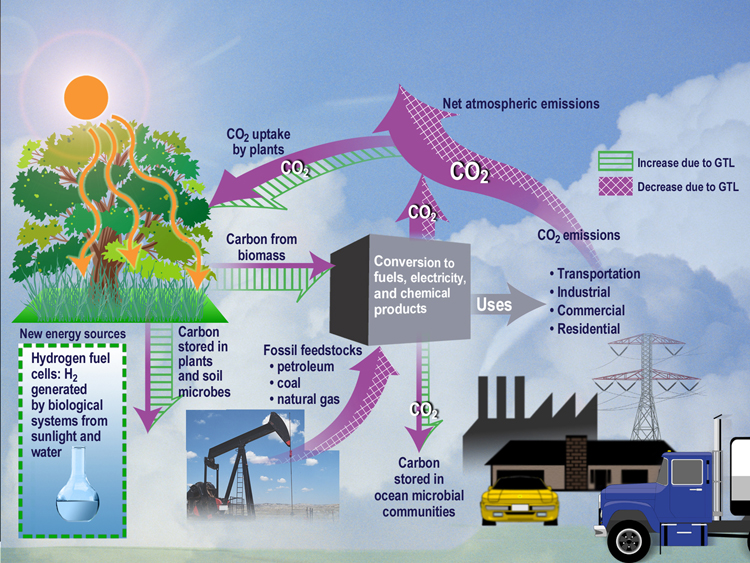#earth_system_science

Earth system science
Scientific study of the Earth's spheres and their natural integrated systems
Earth system science (ESS) is the application of systems science to the Earth. In particular, it considers interactions and 'feedbacks', through material and energy fluxes, between the Earth's sub-systems' cycles, processes and "spheres"—atmosphere, hydrosphere, cryosphere, geosphere, pedosphere, lithosphere, biosphere, and even the magnetosphere—as well as the impact of human societies on these components. At its broadest scale, Earth system science brings together researchers across both the natural and social sciences, from fields including ecology, economics, geography, geology, glaciology, meteorology, oceanography, climatology, paleontology, sociology, and space science. Like the broader subject of systems science, Earth system science assumes a holistic view of the dynamic interaction between the Earth's spheres and their many constituent subsystems fluxes and processes, the resulting spatial organization and time evolution of these systems, and their variability, stability and instability. Subsets of Earth System science include systems geology and systems ecology, and many aspects of Earth System science are fundamental to the subjects of physical geography and climate science.
Thu 29th
Provided by Wikipedia
This keyword could refer to multiple things. Here are some suggestions: